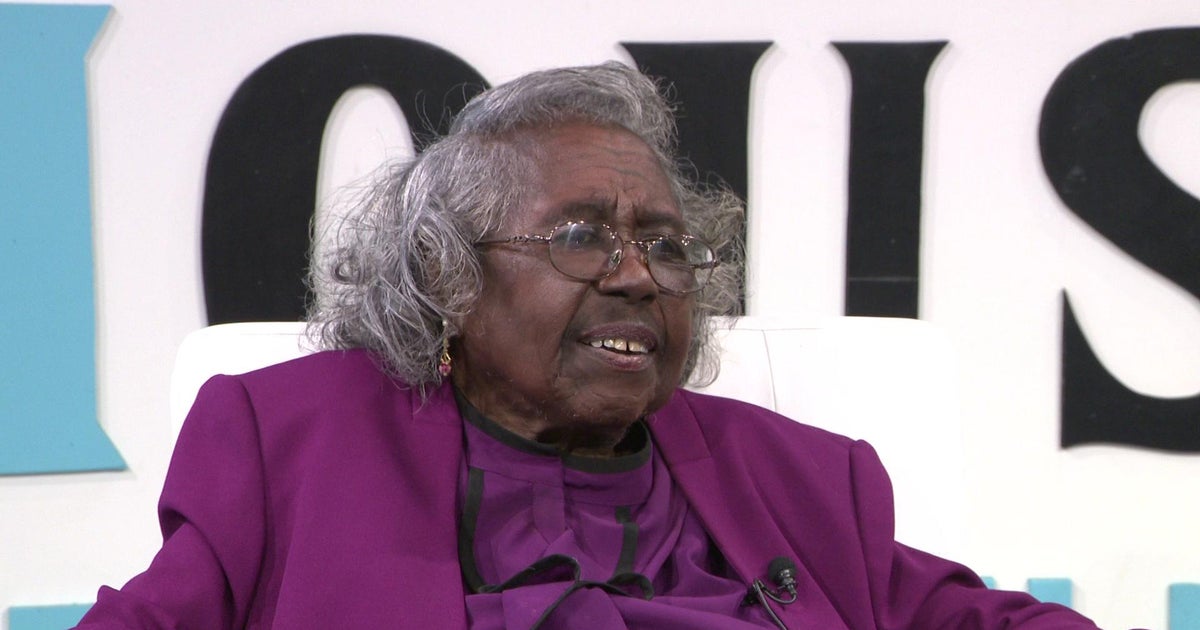Healthy Living In Old Age Can Add Six Years To Life
Aug. 30, 2012 -- Following a healthy lifestyle can lead to a longer life, even among people who are already well into their 70s, new research shows.
Getting regular exercise, staying engaged with friends and family, and abstaining from smoking were all associated with longer life in a study that followed people in their mid-70s and older for close to two decades.
These healthy traits apparently added, on average, five years to women’s lives and six years to men’s.
The study is among the first to identify specific lifestyle behaviors associated with longer life, even among people with chronic health problems and those over the age of 80, researchers say.
“Our results suggest that encouraging favorable lifestyle behaviors even at advanced ages may enhance life expectancy,” concluded the researchers from Sweden’s Karolinska Institute and Stockholm University.
Active Elderly Lived Longer
The study, published in the journal BMJ, included about 1,800 people who were followed for 18 years from the mid-1980s.
Everyone in the study was 75 years old or older at enrollment, and 9 out of 10 (92%) died during the follow-up.
Half lived for 90 years or longer, with women being more likely to survive to this age than men.
Those who lived longer were also more likely to be highly educated, participate in physical and non-physical leisure activities, have rich social networks, and engage in regular exercise.
Physical activity was the single biggest predictor of longevity. People who regularly swam, walked, or performed other exercise lived an average of two years longer than people who did not.
Longevity in former smokers was similar to that of people who had never smoked, but 4 out of 5 former smokers quit between 15 and 35 years before entering the study.
Healthy Behaviors = Extra Years
People with the healthiest lifestyles lived an average of 5.4 years longer than those with the least healthy lifestyles.
Even among people over the age of 85 and those with chronic health conditions, a healthy lifestyle appeared to prolong life by four years.
The study did not include information on diet, so it is unclear how healthy and unhealthy eating behaviors affected life span.
The researchers also didn't know lifestyle behaviors prior to old age.
Despite these limitations, Gisele Wolf-Klein, MD, says the findings add to the evidence that it is never too late to improve health and prolong life.
Wolf-Klein is director of geriatric education for the North Shore-LIJ Health System in New Hyde Park, N.Y.
“It has been known for a long time that adjusting lifestyle behaviors at any age can be beneficial in terms of health and survival,” she says.
She cites as an example her mentor in geriatric medicine who was a smoker until he had a massive heart attack in his mid-70s.
“He gave up smoking ‘cold turkey’ after that and began exercising on a stationary bicycle 30 minutes every day,” she says. “He is still doing it at the age of 94.”
 WebMD Medical News
WebMD Medical News


